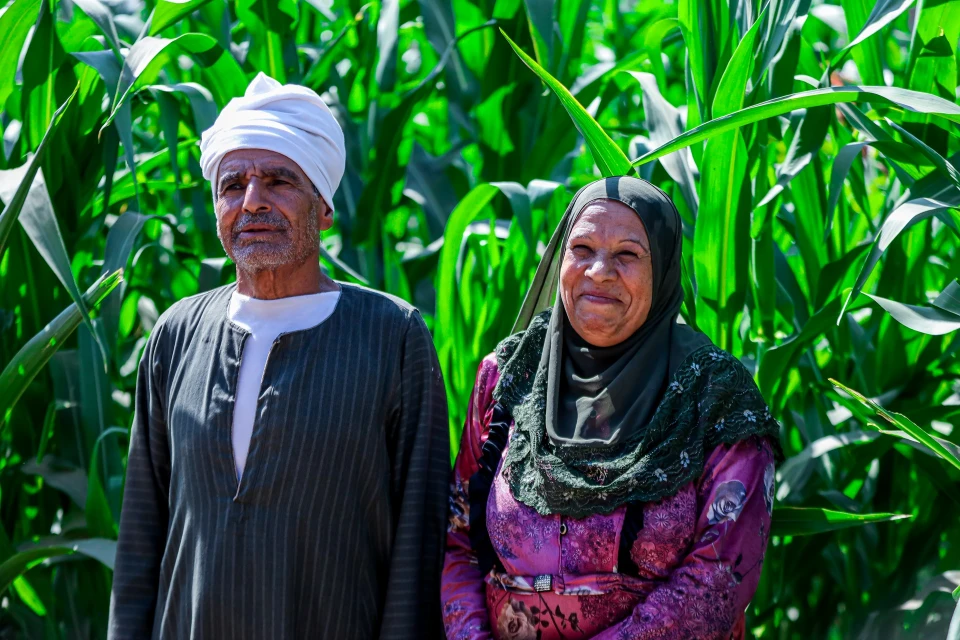About us
HISTORY
Sawiris Foundation for Social Development (SFSD) is one of the first donor foundations in Egypt. It was established by the Sawiris family in 2001 to philanthropically support innovative solutions that target comprehensive and sustainable development in Egypt. Over the last 23 years, SFSD has addressed the most pressing issues facing marginalized Egyptians, such as poverty, unemployment, and limited access to quality education, by funding the delivery of developmental programs in partnership with government, private sectors as well as civil society, in 24 Egyptian governorates, with focus on the most remote villages and in-need communities.
VISION
MISSION
OUR PHILOSOPHY
At Sawiris Foundation, we believe in moving beyond traditional charity to embrace a data-driven approach to philanthropy. We recognize that good intentions alone are not enough; impactful philanthropy requires calculated decisions and strategic investments to ensure the best allocation of resources.
Our altruistic philosophy is guided by science and evidence-based practices, enabling us to continually improve towards “Doing Good Better.” To maximize our impact, we invest in rigorous evaluations, robust monitoring systems, and collaborative learning.
By partnering with policymakers, civil society, the private sector, and academia, we develop context-specific solutions and support the most effective initiatives, ultimately fostering lasting positive change in Egyptian society.
OUR STRATEGY
With increasing global and national challenges, Sawiris Foundation developed its strategic directions while keeping in mind finding the most cost-effective and impactful ways to support marginalized communities as well as those trying to further positive social change in Egypt. In its recently launched 2023- 2028 strategy, Sawiris Foundation focuses on reducing multidimensional poverty and empowering agents of change. Sawiris Foundation also commits to full transparency in its strategy on the grounds of accountability, openness, and continuous learning.
Goal I: Reducing Multidimensional Poverty
Families living in multidimensional poverty are increasingly able to sustain themselves to cover more than 80% of their basic needs and have access to quality education.
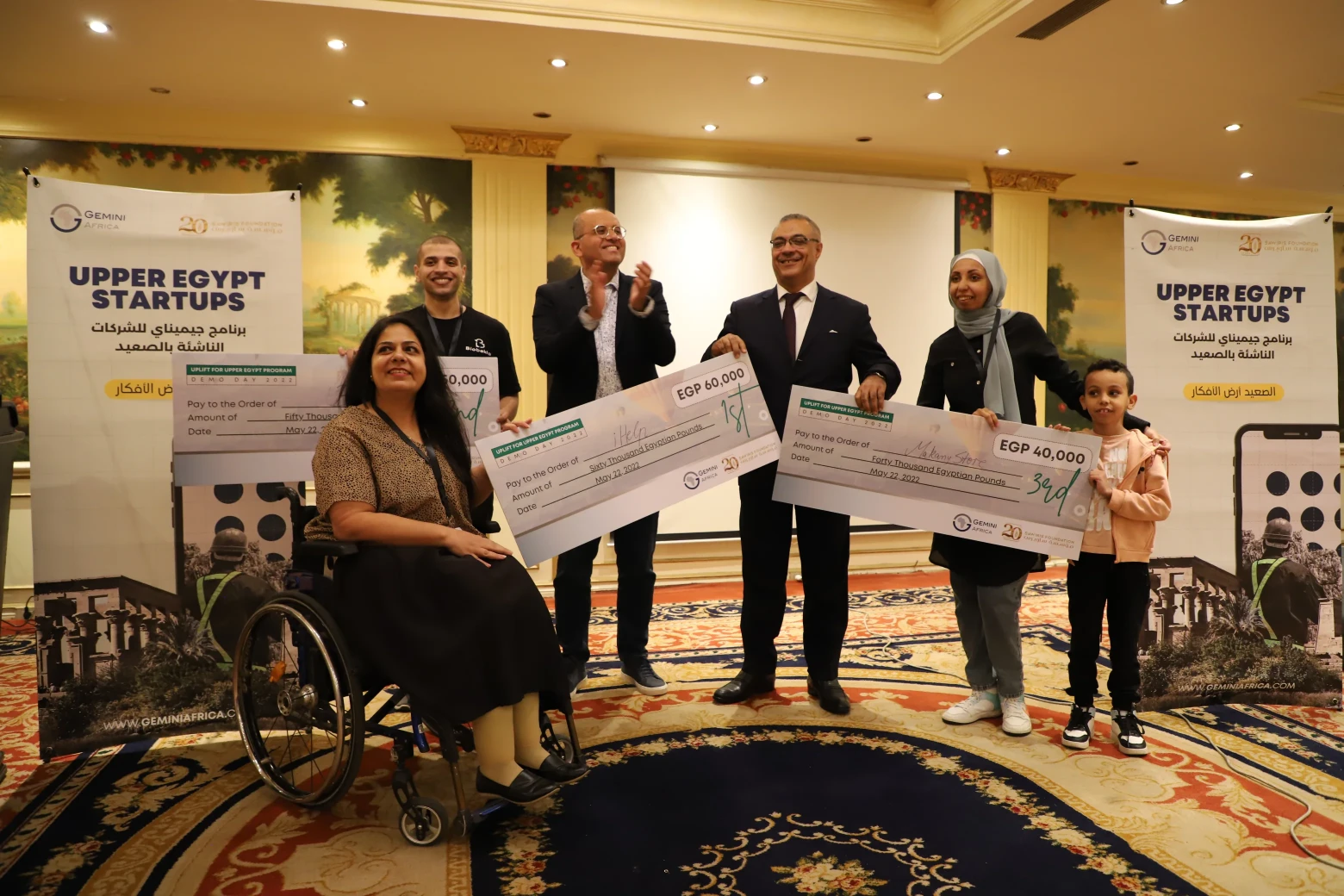
Economic Empowerment
Outcome
20,000
Poor Households Increase Their Income To Cover Their Basic Needs
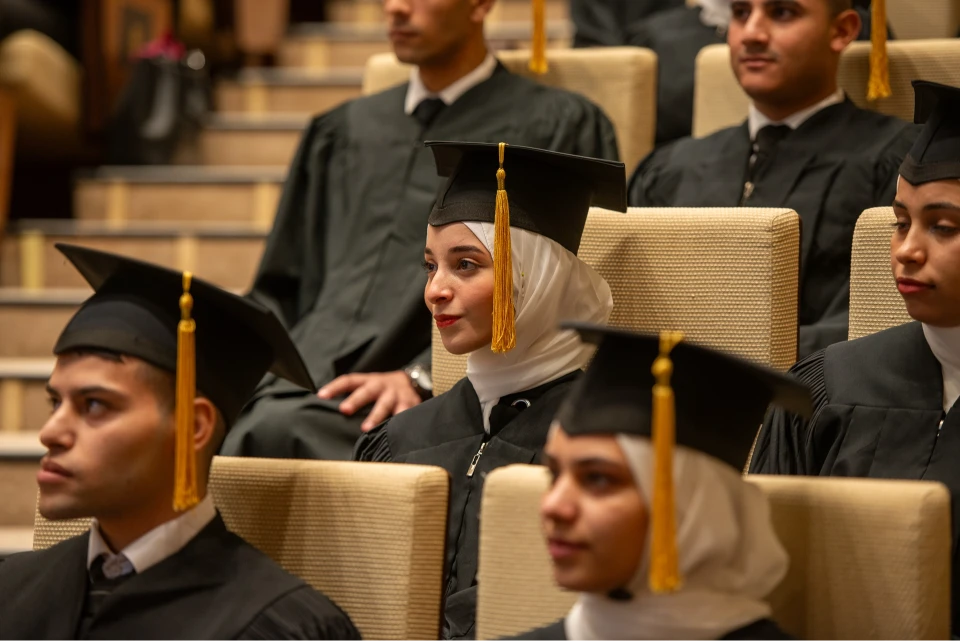
Education
Outcome
40,000
Students’ Learning Outcomes Get Improved For Poor and Extreme-Poor Children Aged From Two Years Old To 22 Years Old.
Goal II: Empowering Agents of Change
Individuals and organizations who have demonstrated or have shown the potential for impactful positive social change are further empowered to achieve their highest potential in their communities.

Sawiris Cultural Award
Outcome
140
High-Impact Writers Are Recognized For Their Contributions To Enriching Egyptian Literary Culture
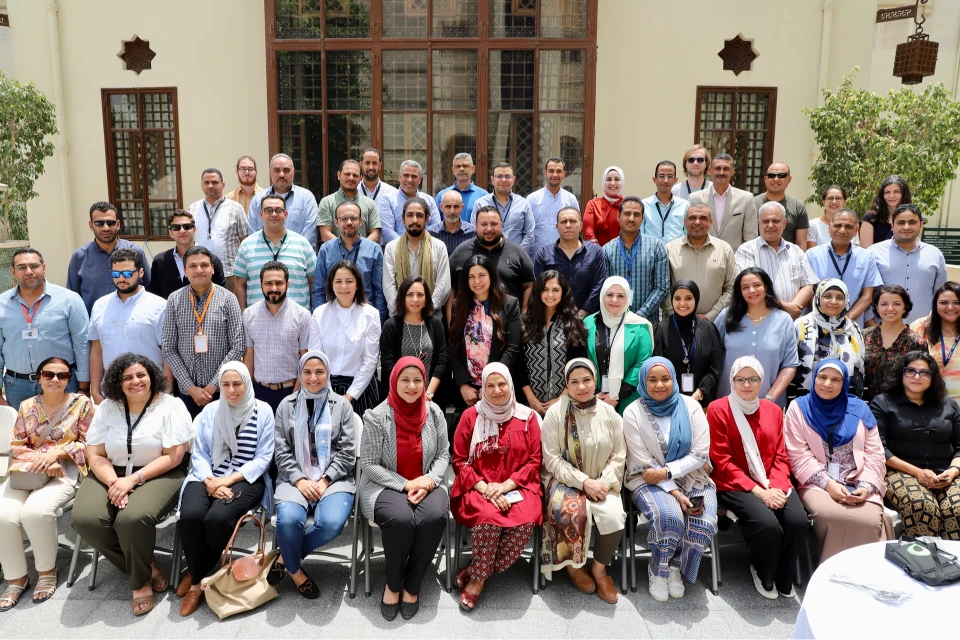
NGOs Capacity Building
Outcome
200
Implementing Partners Get Intensive Training & Capacity Building To Deliver Effective Programs Within Vulnerable Communities
Founders & Board of Trustees

Mrs. Yousriya Loza-Sawiris
CHAIRWOMAN

Eng. Naguib Sawiris
VICE-CHAIRMAN

Mr. Hazem Hassan
SECOND VICE-CHAIRMAN

Mrs. Hala Hashem
TREASURER

Eng. Samih Sawiris
CO-FOUNDER

Mr. Nassef Sawiris
CO-FOUNDER

Ms. Taya Samih Sawiris
SECRETARY-GENERAL

Dr. Nadia Makram Ebeid
Executive Director of CEDARE

Dr. Ismail Serageldin
Founding Director of the Bibliotheca Alexandrina

Eng. Noura Selim
Partner, McKinsey & Company

Dr. Sameh Shoukry
Former Minister of Foreign Affairs

Eng. Osama Bishai
Chief Executive Officer of Orascom Construction Limited

Ms. Mona Zulficar
Senior Partner of Zulficar & Partner Law Firm
OUR TEAM

Laila Hosny
Executive Director

Mays Abou Hegab
Deputy Executive Director

Rania Ramses
Senior Manager - Executive Director’s Office

Fatma Akram
Admin Assistant – Executive Director's Office
SFSD Sectors

Nahed Yousry
Programs Director
Social Empowerment Sector

Sabreen Mostafa
Acting as Social Empowerment Sector Director

Ali Abdel Mohsen
Basic Services Program Manager

Rasha Salem
Children without Parental Care Program Manager

Yousra Idris
Senior Social Empowerment Officer

Michael Gamal
Social Empowerment Officer
Youssef Abou Taleb
Social Empowerment Assistant
Economic Empowerment Sector

Samy Abdel Rehim
Economic Empowerment Director

Rehab Moghazy
Micro and Small Enterprises Program Manager
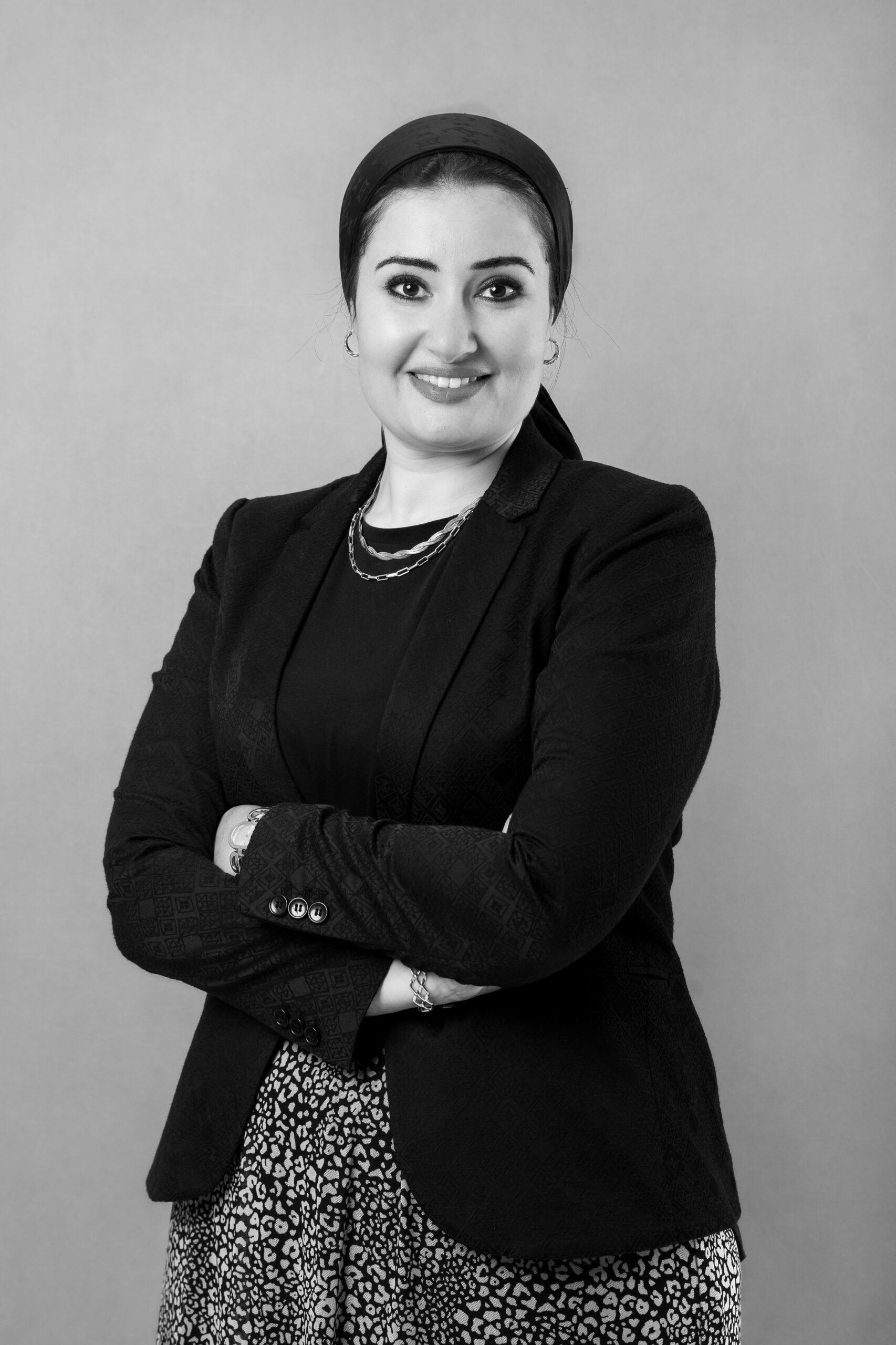
Yomna Amer
Training for Employment Program Manager

Manar Fouad
Economic Empowerment Officer

Neama Hamdy
Economic Empowerment Senior Officer
Education & Scholarships Sector

Eman El Rashidy
Education & Scholarships Director

Heba Shaalan
Scholarships Program Manager

Nancy El Amir
Education Program Manager

Mina Magdy
TVET Program Manager
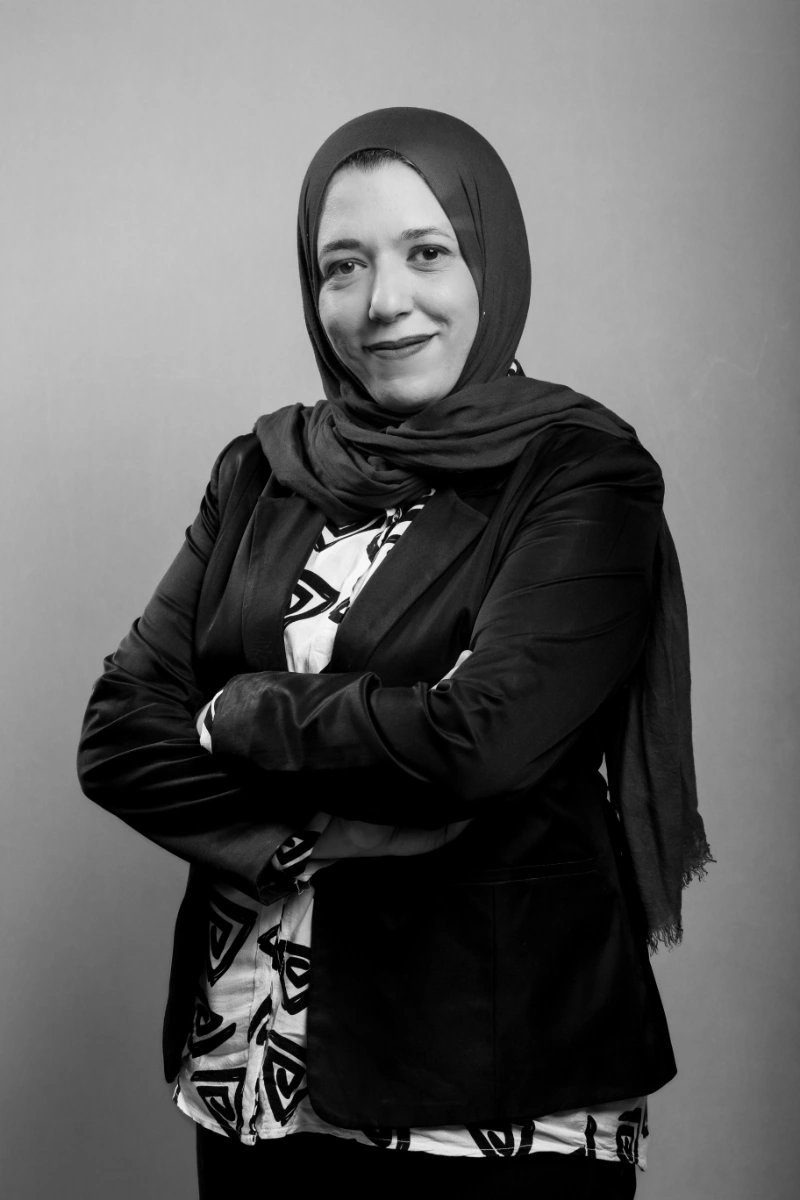
Heba Elwy
Principal Education Officer

Amira Adel
Senior Scholarships Officer
Learning & Strategy Sector

Mohamed Omar
Monitoring Manager

Mohamed Moussa
Evaluation Manager

Nora Ghobrial
Strategy Manager

Ahmed Hamdy
Principal Learning & Innovation Officer
Lobna Osama
Learning & Innovation Manager

Adham Hamdy
NGO Capacity Building Principal Officer

Nourhan Soliman
Senior Evaluation Officer

Mahmoud Saeed
Senior Evaluation Officer

Yasmine Ibrahim
Strategy Officer
Ahmed Adel
Data Analyst Officer
Partnerships Sector

Rosa L. Abdel Malek
Partnerships Director

Mohamed Lotfy
Partnerships Manager

Nadine Reda
Partnerships Manager

Waguih Wahba
Principal Partnerships Officer

Nourhan El Rifai
Principal Partnerships Officer

Mario Nassef
Partnerships Officer
Public Relations & Communications Sector

Wessam Ragab
Public Relations & Communications Director

Ahmed Gad
PR, Media & Comms. Manager

Khaled Fathy
Graphic Designing Manager

Shereen Yehia
Principal Social Media Officer

Mina Mounir
Principal Graphic Designer

Caroline Adel
Public Relations & Communications Officer
Financial Audit Sector

Ahmed Abdel Salam
Financial Audit Sector Director

Osama William
Manager at the Financial Audit on Programs Sector
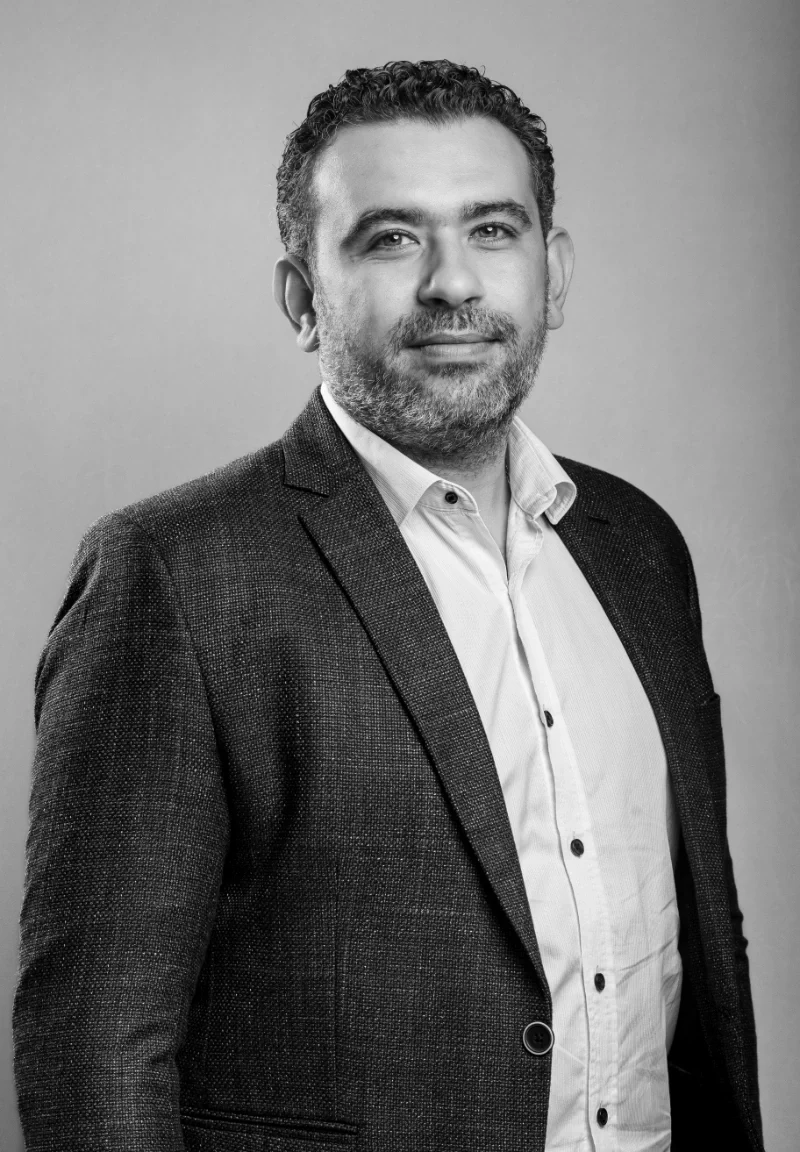
Belal Yassin
Manager at the Financial Audit on Programs Sector

Hossam Ali
Principal Auditor

Sherif Arafa
Principal Auditor
Finance & Operations Sector

George Fekry
Finance & Operations Director

Bahaa Wagih
TVET Accounting Manager
Jan Habib
Accounting Manager
Nesreen Hussein
Procurement Principal

Mariam Alfred
Senior Accountant

Noha Ayman
Senior Accountant

Donia Mohamed
Senior Lawyer
Human Resources & Administrations Sector

Nermine Rashed
HR & Admin. Director

Marina Sabry
Senior HR & Admin. Officer

Martina Magdy
Admin. Officer

Khaled Salah
Admin. Assistant
Information Technology Departement

Mena Nabil
IT Director

Moustafa Hakeem
Systems & Digital Solutions Principal Officer

Ahmed Magdy
IT Help Desk
Service & Support Team

Mahdi Shams Eldin

Hussein Mostafa

Abdel Karim Gad

George Milad

Khaled Samir

Mohamed Osman

Mohamed Mahmoud

Hamdy Abdel Aal


